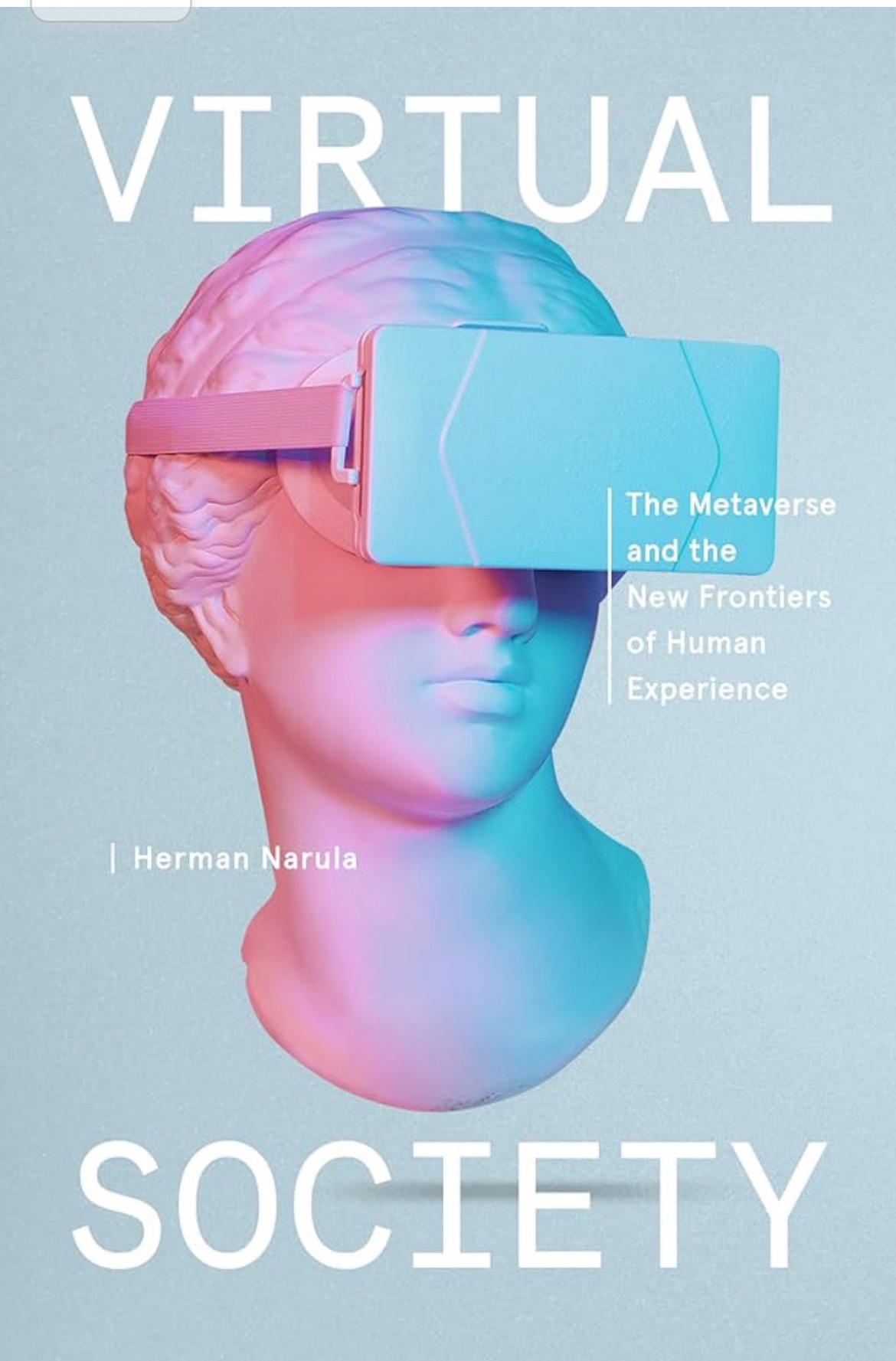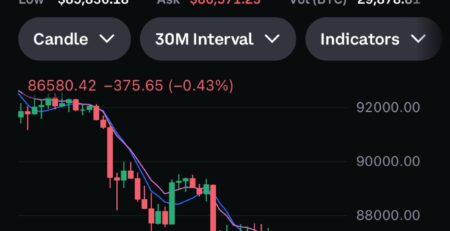“Virtual Society“ and Demand for Experiences
Happy 2024! I started off the year with a flu following our trip to Colombia so my 2024 has been off to a slow start. But I’m all good now which is fortunate because things are in full swing now, as I’m sure they are for you, with work, school, sports, projects, etc., etc. Who has time to be sick, really?
Over the holidays I got started on drafting my new novel, a sequel to “The Peak Experiment” that is in too nascent a state to say much more than that, but a file has been created and a chapter has been written! Part of my creative process is steeping in science fiction and nonfiction books on tech subjects, so, I downloaded “Virtual Society: The Metaverse and the New Frontiers of Human Experience” by Herman Narula and gave the Metaverse some thought.
“Virtual Society” is the second book I’ve read about the metaverse, and it is interesting to see what Herman Narula has to say about it compared with what I’ve read before. Narula is the CEO of a leading virtual reality company, so the book serves as some kind of manifesto on what Narula believes the metaverse is or could be.
It’s worth noting that any long form nonfiction I’ve read about the metaverse often tries to define the metaverse in some concrete and easy to understand way. So far, this exercise doesn’t provide a ton more clarity on what the metaverse is, but in general people seem to agree that the metaverse needs to 1. Enable complex large-scale interaction inside virtual spaces, 2. Allow over 10,000 real users to be present in the same dense place, 3. The metaverse needs to be a high fidelity, lag-free experience. In essence this criteria simply puts into words what books and movies have served up to consumers on what the metaverse is.
Metaverse experts like Narula usually cite a few real-life examples of near metaverses. A few years ago during peak Pandemic time Travis Scott did a live concert on Fortnite. I remember it being a big deal since Nick was really into Fortnight at the time and virtually attended as his Fortnite skin. Metaverse people also bring up Roblox and Minecraft as great counter arguments to the idea that the metaverse need be this highly-graphic environment to be meaningful to people.
Narula makes a lot of other points that I hadn’t heard elsewhere. Some of them weird, even sacrilegious in my opinion, such as the notion that human beings could continue to evolve as a species as we explore our minds via a metaverse. That’s cool, I guess… I thought his strongest point is how the metaverse could enable more access to more experiences, how demand for experiences is high and continues to grow, and how access to experiences is a good and valuable thing. One of my favorite things to do in my VR headset (one of the only things I use it for, in fact) is searching for VR travel documentaries. I recently “visited” Budapest, Hungary this way, which was awesome because I recently visited Vienna in real life which left me wanting to see Budapest but not enough time to do it. Obviously a virtual visit to Budapest is not the same, but it is the next best thing since I may not get a repeat in-person visit over there.
I don’t think the metaverse is doom and gloom, but I think these authors are merely scratching the surface of what the metaverse is really about and what we humans really want out of it. I don’t know what that is any more than the next person, but it is fun to think about and ponder. Until these companies figure it out, I’ll be enjoying more real travel and VR travel when I can squeeze in the time.




